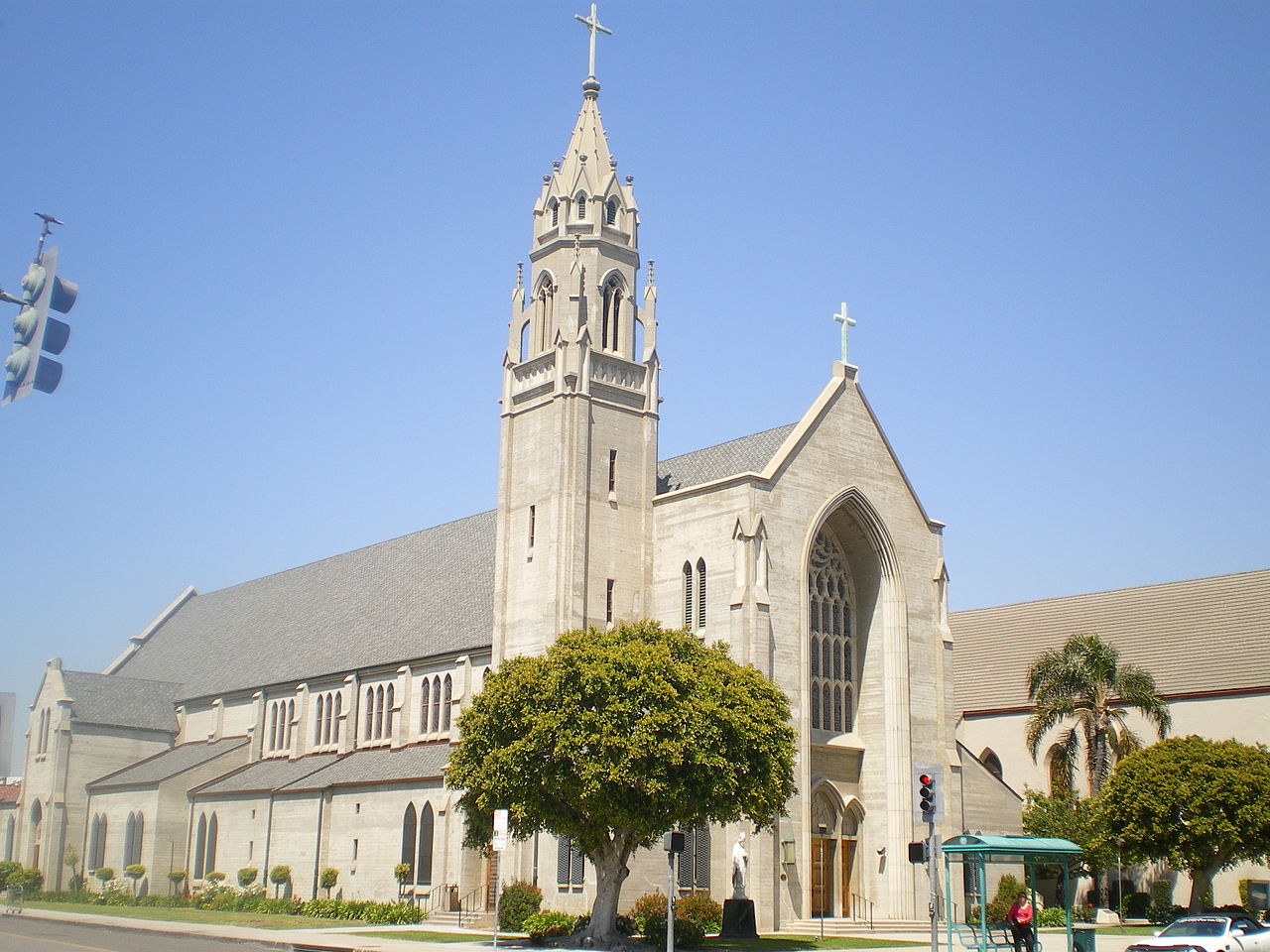LOS ANGELES (Transatlantic Today) – The Reverend Steven Marsh never imagined the day would come when his church in Laguna Woods, California, would have to pay $20,000 per month for security. Laguna Woods is a town of 16,500 people, many of whom are retirees.
Then, on May 15, when a luncheon was taking place at Geneva Presbyterian Church, where Marsh is the senior pastor, a shooter opened fire, killing one person and wounding 5 others who were part of a Taiwanese congregation that had gathered there. According to officials, the guy chained the church’s gates shut and placed firebombs inside before opening fire on the elderly churchgoers who had gathered there out of political animosity toward Taiwan.
Religious institutions are intended to be havens for solace, refuge, and contemplation where guests are welcome. However, the recent spate of high-profile gun massacres in the U.S. serves as a warning that violence may occur anywhere, which has led some religious leaders to step up security.
Armed security officers are now on duty each weekday and during services on Sundays at Geneva Presbyterian. According to ABC NEWS, the church is also putting up additional security cameras, creating an active shooter strategy, and seeking funds from the Department of Homeland Security.
Marsh projected that a mass flight of the congregation and the nearby schools would have occurred in the absence of the increased security measures.
According to Rabbi Charlie Cytron-Walker, the erstwhile high priest of Congregation Beth Israel in Colleyville, Texas, it is feasible to create a place that is both warm and secure.
He and 3 other people were held hostage by a gunman in January while attending a Shabbat service. After an almost 11-hour standoff, Cytron-Walker courageously threw a chair at the shooter, allowing them to safely escape. He gives gratitude to the several sessions of active shooter training he had.
Today, Cytron-Walker is in charge of Winston-Salem, North Carolina’s Temple Emanuel. He is aware of how an inviting synagogue might improve safety since someone who wants to do violence can see that they will not be able to stroll in anonymously while he develops a security strategy with his new congregation.
From explosions at Black churches in the Civil Rights movement to more recent killings in the United States at Sikh gurdwaras and mosques, sanctuaries have historically been subject to violent assaults. According to FBI hate crime data, there was a 34.8 percent rise in occurrences in churches, mosques, temples, and synagogues between 2014 and 2018.
Alon Stivi, a security specialist for synagogues, Jewish community centers, and schools, said that religious leaders who traditionally preferred to put safety in the hands of god are now adopting measures that appeared impossible years ago. According to him, more churchgoers are showing up to services with concealed weapons.
According to Stivi, the federal government has consistently raised the amount of money it sets aside to assist the religious community with security expenditures, from $25 million in 2016 to $180 million last year. But he added that not all religious heads are aware they may apply for it.
Religious leaders have evaluated — sometimes for the very first time — if there is extra that can be done to protect their congregations in light of previous assaults on churches and temples and other public areas.
The Mt. Zion African Methodist Episcopal Church in Charleston, South Carolina, is being guarded by an armed police officer, according to the church’s pastor, Rev. Kylon Middleton. Members with concealed guns keep watch at church activities when an official is unable to be there.
The distance between the church and Emanuel African Methodist Episcopal Church is two blocks. In 2015, nine congregants, including the senior pastor, were slain when a self-described white supremacist began shooting during Bible study. Middleton said that the late pastor treated him like a brother.
Security talks at Mt. Zion now takes worship practices into account, Middleton said, and certain people must always keep their eyes open, especially when most people have their eyes closed in prayer.
For many, it involves a balancing act. According to Marsh, the reason the shooting occurred at his church was due to members of the Taiwanese congregation being hospitable to the gunman, who they did not know.


























